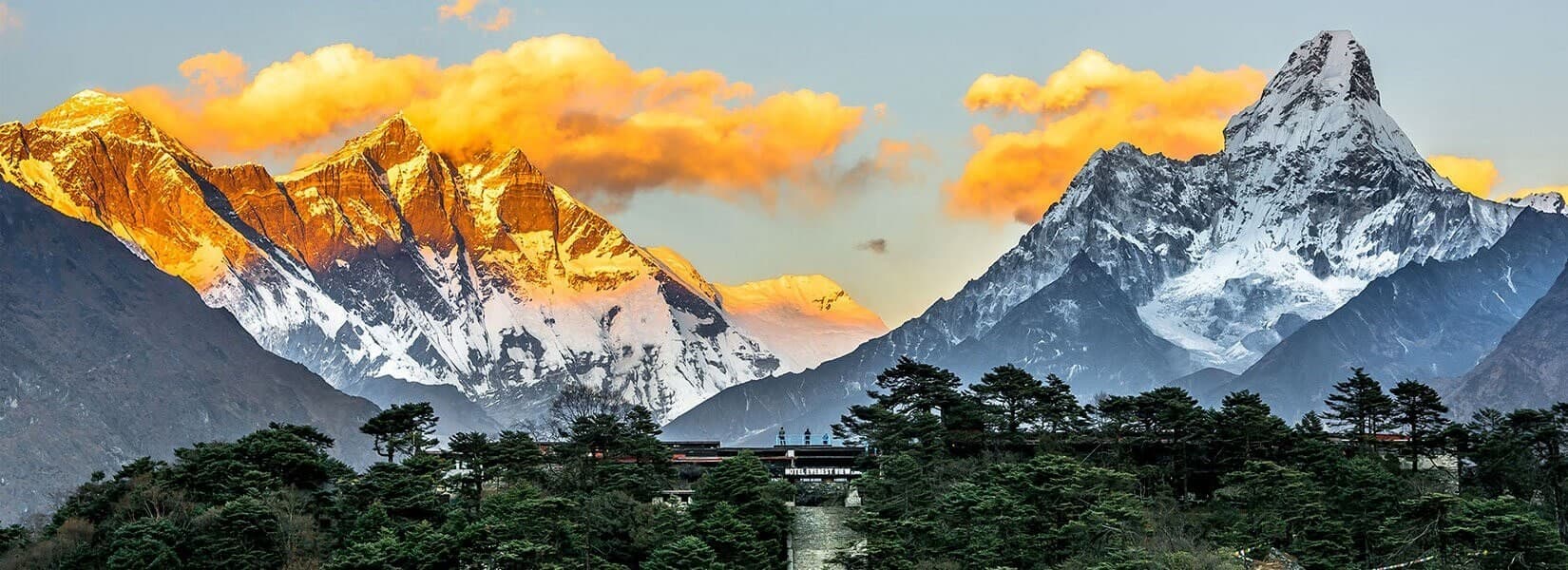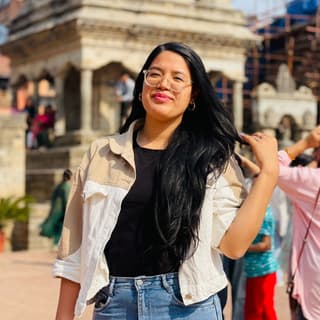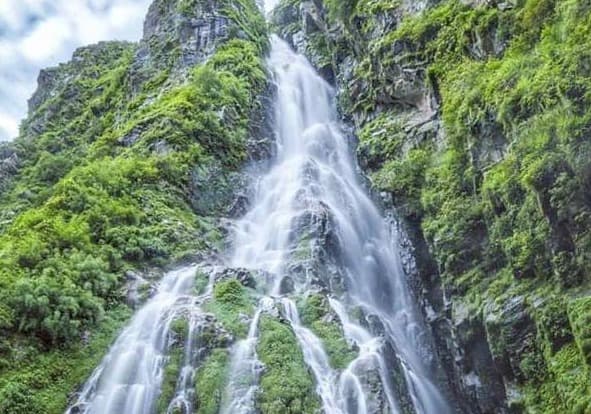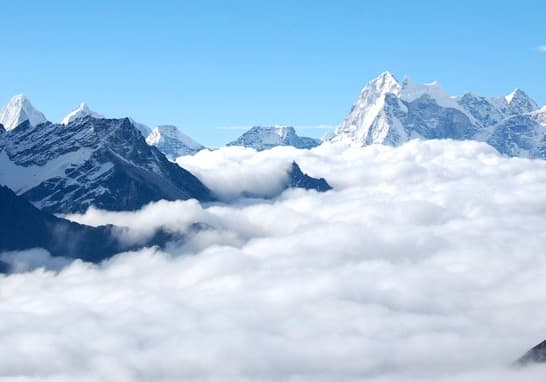Insurance for Trekking in Nepal.
In Nepal, popular pursuits are hiking, trekking, climbing, expeditions, etc. The majority of visitors frequently go to Nepal to explore the Himalayan region through different activities. Wherever you go, it makes no difference in terms of enjoyment. Nowadays, after making travel plans and packing stuff like a bag, clothes, jacket, equipment, and walking boots, the majority of people are aware of it. These days, if you want to go on a trek in Nepal, you must also purchase travel insurance. Trekking companies in Nepal will provide you with an all-inclusive trek package that includes food, lodging, a guide, a porter, and other services to save you time. But none of the businesses will offer you a Nepal trekking trip that contains travel insurance.
Remember that the cost of an emergency evacuation as well as medical expenditures must be covered by your travel insurance. We suggest that your travel insurance have a minimum coverage of USD $10,000. You must choose an insurance plan that covers the expense of a mountain helicopter rescue if you suffer from major mountain accidents or become ill from high-altitude sickness. You need travel insurance mostly to cover helicopter services, mountain rescue, and the most expensive medical care in Nepali hospitals. A helicopter flight with a rescue team on board is the only option out of the mountains in such catastrophic cases as an emergency evacuation.
A helicopter evacuation in Nepal might cost as much as USD 4,000. We suggest choosing a policy that pays medical experts, hospitals, and helicopter charter companies directly rather than making a snap decision and then filing a claim. If your travel insurance company does not offer an upfront payout, be sure to acquire receipts from each location so that you can later recuperate charges.
Why is Insurance Important for Trekking in Nepal?
- High Altitude Sickness: Trekking in Nepal often means ascending to high altitudes. As you ascend, the oxygen level drops, making you susceptible to altitude sickness. It can manifest as mild headaches or progress to life-threatening conditions. In such situations, immediate descent or medical assistance is crucial, and having insurance can cover these unexpected costs.
- Injuries and Accidents: The challenging and sometimes unpredictable terrain of Nepal's trekking trails, combined with unpredictable weather, can result in slips or falls. Sprained ankles, broken limbs, or more severe injuries can occur, and you'll need medical attention, which can be expensive without proper coverage.
- Flight Delays and Cancellations: Flights to and from remote areas, like Lukla – the gateway to Everest Base Camp, can be frequently delayed or even canceled due to weather conditions. Such disruptions can lead to unplanned hotel stays or added food expenses, which insurance can cover.
- Lost or Stolen Luggage: Trekking gear is an investment. Losing essential gear or having it stolen can be both frustrating and expensive. Insurance ensures you're compensated in such situations.
- Emergency Evacuation: Sometimes, health complications or severe injuries necessitate a quick exit from the mountains. Helicopter evacuations can cost a fortune, but with the right insurance, this financial burden is taken care of.
What Should a Good Trekking Insurance Cover?
- Altitude: Not all insurance policies cover high-altitude trekking. It's essential to ensure that your chosen policy covers you up to the maximum altitude you intend to reach.
- Emergency Evacuation: This is vital. If a severe health issue arises, immediate evacuation, often via helicopter, may be necessary. Such operations are expensive, making it imperative that your policy covers it.
- Medical and Hospital Expenses: From minor injuries to major health complications, your insurance should cover a range of medical expenses, including hospitalization, treatments, and medications.
- Trip Cancellation and Delays: Uncertainties can lead to trip cancellations. A comprehensive insurance policy will safeguard your financial investments in such scenarios.
- Lost or Stolen Property: This covers compensation for personal belongings and trekking equipment that might be lost or stolen during your trip.
- Repatriation: In worst-case scenarios, you might need to be transported back to your home country. This process is complicated and costly, making repatriation coverage crucial.
- 24/7 Assistance: In emergencies, immediate assistance can be a lifesaver. Ensure your insurance provider offers 24/7 helpline services.
Tips for Buying Insurance:
- Read the Fine Print: Details matter. It's essential to understand every clause and condition. Know what is covered, any altitude limitations, and other specific terms.
- Buy in Advance: Early preparation is wise. Purchasing insurance well ahead of your trip ensures you're comprehensively covered right from your departure.
- Compare Policies: Every insurance provider offers different packages. Research, compare, and choose the one that best fits your trekking plans.
- Declare Pre-existing Conditions: Being transparent about your health is essential. Declaring any pre-existing conditions will prevent potential future complications.
- Keep Multiple Copies: Ensure you have access to your insurance documents at all times, both digitally and in print. Share a copy with a trusted person back home as well.
Nepal's trekking trails offer an experience that resonates deeply with every traveler. To ensure this experience remains untainted by unforeseen challenges, having the right insurance is paramount. And for a seamless, safe, and memorable trekking journey, Luxury Holiday Nepal stands as your trusted partner, ensuring every step you take is a stride in confidence.
Please, click here for the tour packags in Nepal.
If you need any further information, please contact us, Email: [email protected], Phone: +977- 985 100 5129 (WhatsApp)
#Tags
Tripadvisor
5.0928 reviewsGoogle
4.8114 reviewsFacebook
4.1 recommend44 ReviewsTrustpilot
4.1 Great(5 reviews)- Trusted by50K plus traveller




